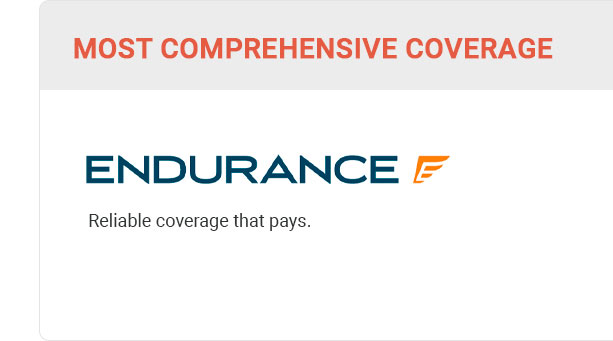 |
 |
 |
 |
 |
 |
 |
 |
 |
|||
 |
 |
|
|||||||
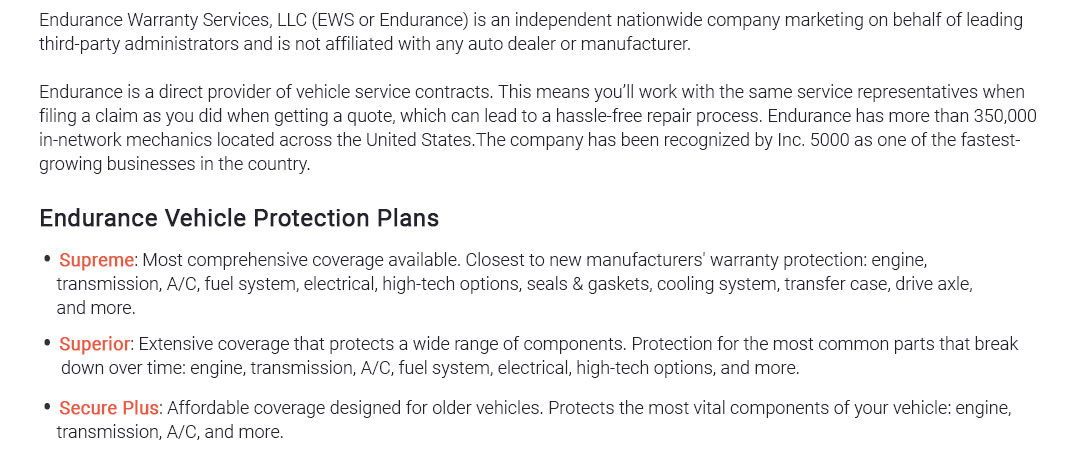 |
|||||||
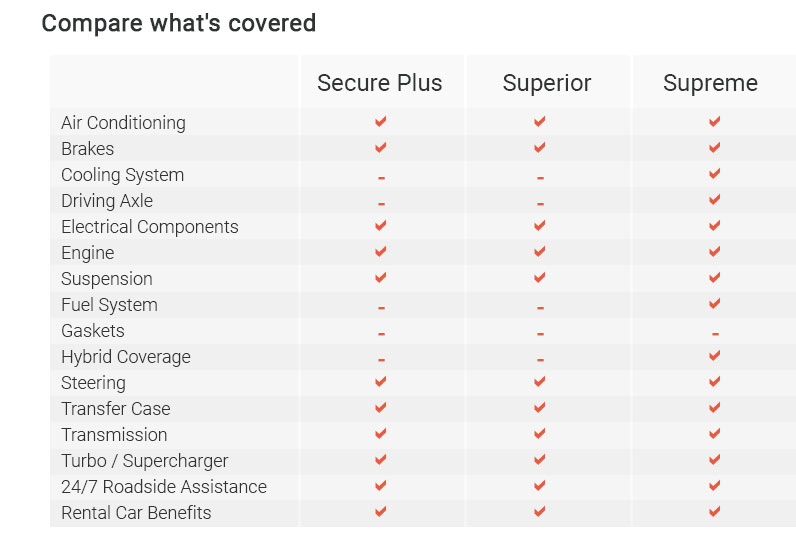 |
|||||||
 |
|||||||
 |
|||||||
|
|||||||
|
||||||
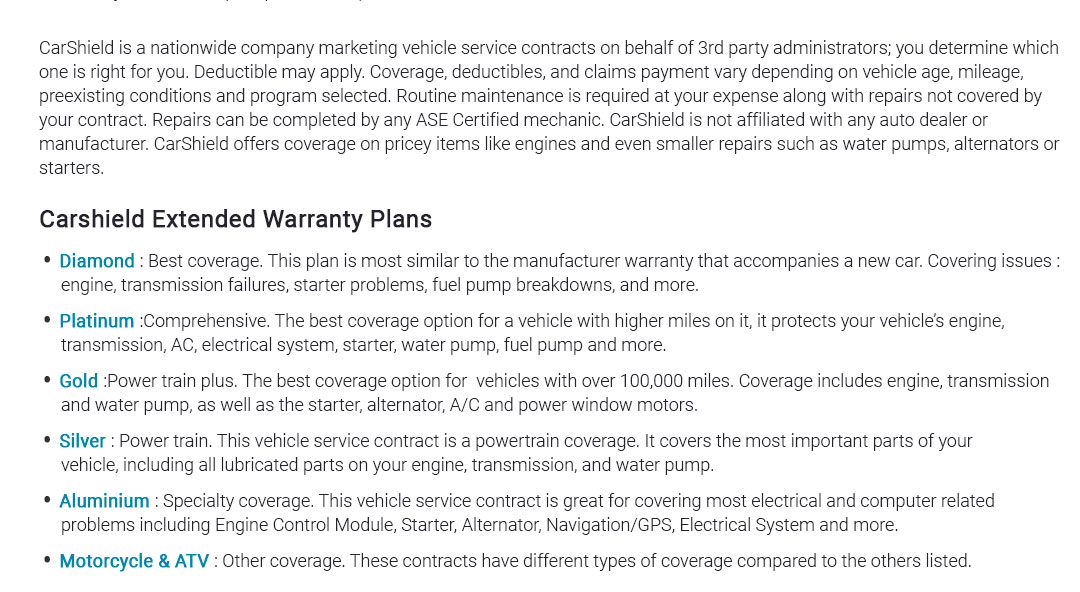 |
||||||
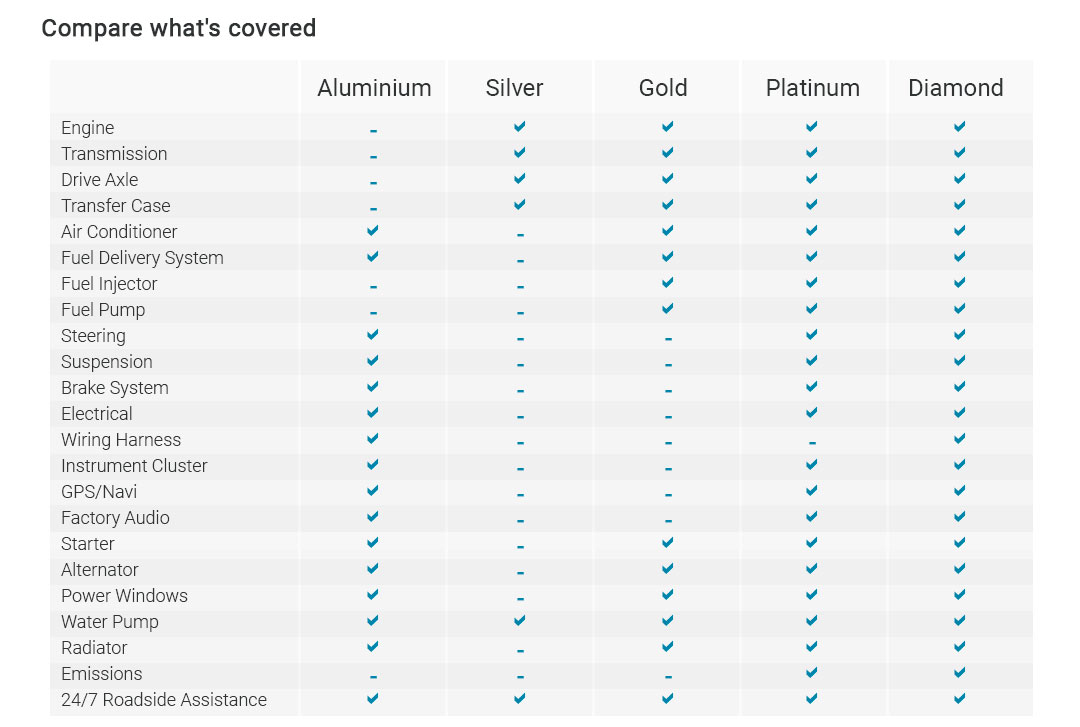 |
||||||
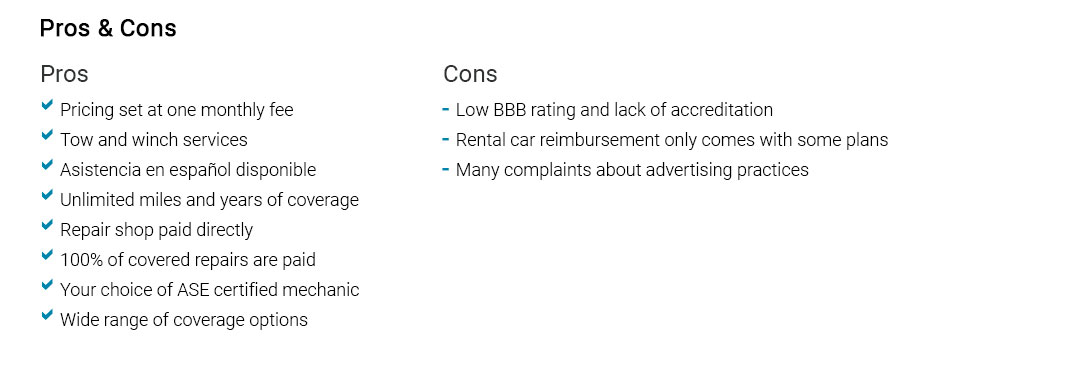 |
||||||
|
 |
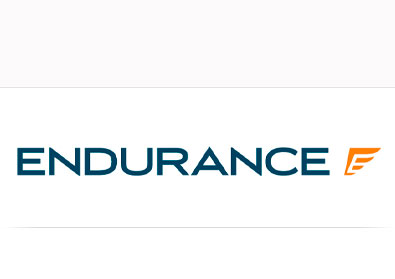 |
 |
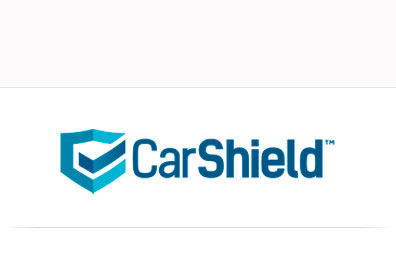 |
 |
 |
 |
Is Auto Repair Insurance Worth It? A Comprehensive LookIn the world of vehicle ownership, one of the pressing questions that often arises is whether investing in auto repair insurance is truly worth the cost. This type of insurance, also known as mechanical breakdown insurance, promises to cover unexpected repair bills that can accumulate over the years, but does it deliver on its promise, or is it just another expense? Firstly, it's essential to understand what auto repair insurance covers. Typically, this insurance takes care of the costs associated with mechanical failures of a vehicle, parts, and labor, excluding regular maintenance tasks like oil changes and tire replacements. This is particularly appealing to owners of older cars whose manufacturer's warranty has expired, or to those who want additional peace of mind. However, the necessity of auto repair insurance depends largely on several factors, including the car's age, make, model, and the driver's financial situation. Newer cars, for example, may not benefit as much from this insurance because they are often still under the manufacturer's warranty. Conversely, older vehicles, which are more prone to mechanical issues, might seem like ideal candidates for such coverage. Yet, the cost of the insurance must be weighed against the potential repair expenses.
In conclusion, whether auto repair insurance is worth it largely depends on individual circumstances. For those who value peace of mind and have older vehicles with a higher risk of breakdowns, it might be a prudent choice. However, drivers who prefer a hands-on approach to financial planning might opt for a self-funded repair savings plan instead. Weighing the pros and cons carefully and considering personal preferences and financial stability are crucial steps in making an informed decision. https://www.consumerreports.org/cars/car-repair/get-an-extended-warranty-for-your-car-a1570471227/
No matter the exact type, extended warranties are an investment in peace of mind that limits financial risk for a set period of time. But beware ... https://tothfelty.com/2024/07/15/how-much-is-auto-repair-insurance/
Auto repair insurance can offer significant financial protection against unexpected repair costs. For instance, major repairs like a ... https://wallethub.com/edu/ci/car-repair-insurance/10869
Car repair insurance is a type of auto insurance coverage that pays to fix mechanical malfunctions after a car's original warranty expires.
|


